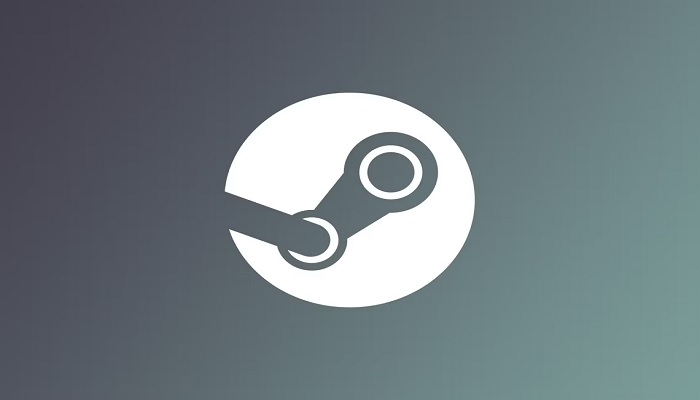
In 2023, Microsoft bid farewell to extended support for Windows 7 and Windows 8, prompting a migration of applications away from these platforms in the following year. Recently, the renowned gaming store and launcher, Steam, has officially terminated its support for Windows 7 and 8.
Valve, the company behind Steam, declared its intention last year to cease support for these Windows versions — 7, 8, and 8.1 — commencing from January 1, 2024. Their rationale lay in the fact that numerous essential components of Steam rely on an embedded version of Google Chrome (Chromium), and with Chrome updates now exclusive to Windows 10 and newer systems, older versions' security vulnerabilities remain unaddressed.
Consequently, any applications dependent on rendering web content on Windows 7, 8, or 8.1 are progressively becoming less secure.
While Valve mentioned that the Steam client and associated games might persist for a while, they cautioned against expecting continued functionality after the cutoff date. A slew of other applications, such as Chromium-based browsers like Microsoft Edge, Google Drive, Plex Media Server, Microsoft OneDrive, qBittorrent, and Mozilla Firefox, have also dropped support for Windows 7 and Windows 8/8.1 over the past year.
In their earlier announcement, Valve strongly urged users of Windows 7/8/8.1 to update at the earliest. With Microsoft halting security updates and technical support for Windows 7 in January 2020 and for Windows 8.1 in January 2023, systems running on these operating systems and connected to the internet are vulnerable to new malware and unpatched exploits.
Such malware could severely impact system performance, leading to crashes or could even pilfer Steam account credentials or other services.
















